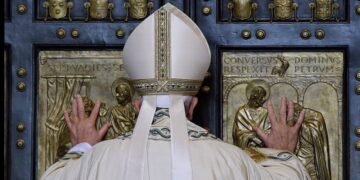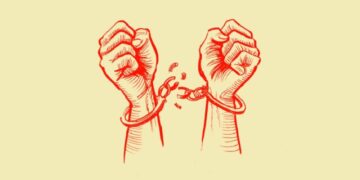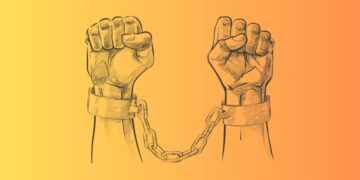In political studies, surveys have been conducted in order to construct historical rankings of the success of individuals who have served as the presidents of the United States. Ranking systems of U.S. presidents are usually based on surveys of academic historians and political scientists or popular opinion. The rankings focus on presidential achievements, leadership qualities, failures, and faults.
Here are the top 10 worst U.S. presidents in history.
1. James Buchanan
Presidential term: 1857-1861
James Buchanan received very low rankings for crisis leadership. He couldn’t seem to grasp the enormity of America’s divisions over slavery, ignoring the strife and letting the issue fester in the years leading up to the Civil War.
2. Andrew Johnson
Presidential term: 1865-1869
Historians gave Andrew Johnson very low ratings for butting heads with Congress. Johnson, who became president when Lincoln was assassinated, refused to compromise with radical Republicans bent on fighting the old Confederacy. He often tried to side-step them and even faced impeachment, but was acquitted by one vote.
3. Franklin Pierce
Presidential term: 1853-1857
Franklin Pierce received low ratings when it came to pursuing equal justice for all Americans. He signed into law the Kansas-Nebraska act, which allowed residents of new territories to decide on the legality of slavery for themselves.
4. Warren G. Harding
Presidential term: 1921-1923
Scandals that plagued Waren G. Harding’s presidency, like the infamous Teapot Dome scandal in which cronies profited from secret oil deals, keep him low in the rankings.
5. John Tyler
Presidential term: 1841-1845
Historians fault John Tyler over his weak pursuit of equal justice for all Americans. Tyler, the first vice president ever elevated to the presidency when his predecessor died, was a strong advocate of states’ rights. He later joined the Southern Confederacy.
6. William Henry Harrison
Presidential term: 1841-1841
William Henry Harrison received the lowest rankings for his crisis leadership skills, but historians have little to judge him on since Harrison died on his 32nd day in office.
7. Millard Fillmore
Presidential term: 1850-1853
Historians fault Millard Fillmore for signing the Fugitive Slave Act, which required that escaped slaves be returned to their masters.
8. Herbert Hoover
Presidential term: 1929-1933
Herbert Hoover’s economic management rating drags down his ranking. Months after his election, the stock market crashed and the U.S. spiraled into the Great Depression.
9. Chester A. Arthur
Presidential term: 1881-1885
Chester A. Arthur gets low ratings for his failure to ensure equal justice for all. His administration enacted the first immigration law, which excluded Chinese people as well as “paupers, criminals, and lunatics.”
10. Martin Van Buren
Presidential term: 1837-1841
Martin Van Buren received low rankings for his economic management. When he assumed the presidency, the economy was booming, but less than three months later, businesses and banks were failing, and historians believe his policies only made things worse.




































































































































































































